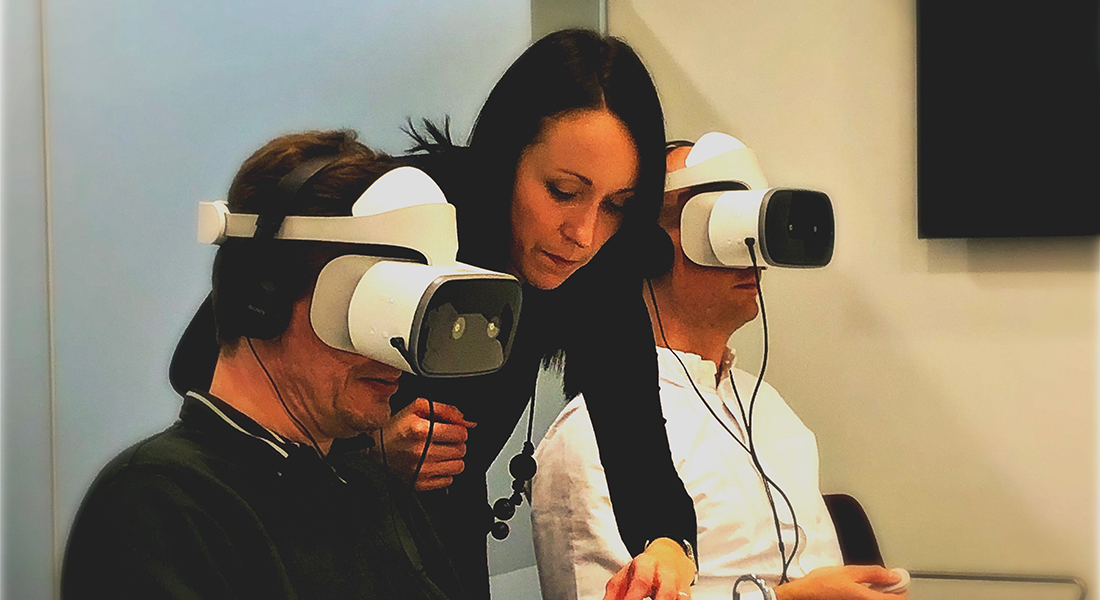Sarune Baceviciute defends her PhD thesis

Title
‘Designing Virtual Reality for Learning’.
Time and place
Thursday, 4 February 2021 at 13:00.
The defence will take place online on Zoom.
Click here to attend the defence on Zoom.
Passcode: 796435.
NB. Please notice that the first 45 minutes of the defence (the candidate's presentation) will be recorded.
Assessment committee
- Professor Thomas Morton, University of Copenhagen, Denmark (chair)
- Associate Professor Theresa Schilhab, Aarhus University, Denmark
- Junior Professor Andreas Lachner, University of Tübingen, Germany
Supervisors
- Associate Professor Guido Makransky, University of Copenhagen, Denmark (principal supervisor)
- Ainara López Córdoba, Labster (co-supervisor)
Abstract
Following the renaissance of Virtual Reality (VR) in the last decade, there has been a surge of hype surrounding the use of immersive technologies in education. In just a few years, the number of articles discussing this topic has increased exponentially, and some have even started to propose VR to be the ultimate medium for learning. Nevertheless, the scarcity of rigorous empirical evaluations, as well as conflicting initial evidence, suggest that we still know very little about how we learn in VR. To this aim, in this dissertation, I explore the intersections between learning and immersive virtual technology, in an attempt to uncover ways to design more effective virtual tools for learning.
Building on prior work, this dissertation begins by establishing its scope of inquiry, advocating for the need to move away from the existing techno-centric view of VR and suggests to consider this media as a complex system that consists of both – unique technological features, as well as specialized virtual content. Expressing the distinctiveness of VR, and acknowledging its capabilities to alter traditional modes of representation and interaction, this thesis highlights the importance of centering on the unique affordances of this new medium in its design. In this work, I argue that it is not VR per se, but the way it has been designed that will ultimately define its success in education.
Following this rationale, my work firstly attempts to understand how we can combine knowledge from human cognition, psychology and behavioral insights to understand the efficacy of learning in VR. Secondly, it tries to use that knowledge to guide the design of VR applications that improve learning and training. To answer these questions, I set up an integrated multidimensional research strategy that combines cognitive learning measures, affective self-reports, cognitive load instruments and advanced psychophysiological methods of EEG and eye tracking. These are used to setup four experimental studies that evaluate VR with adult learners in university and organizational settings. Findings provide important implications for the field of educational VR research and are intended to be used as evidence-based guidelines for the design of immersive virtual learning tools. Ultimately, my hope is to encourage research initiatives that reconcile the mind, the body and the environment in their studies of learning, as well as to inspire the development of more sustainable and effective learning technologies for the future.
